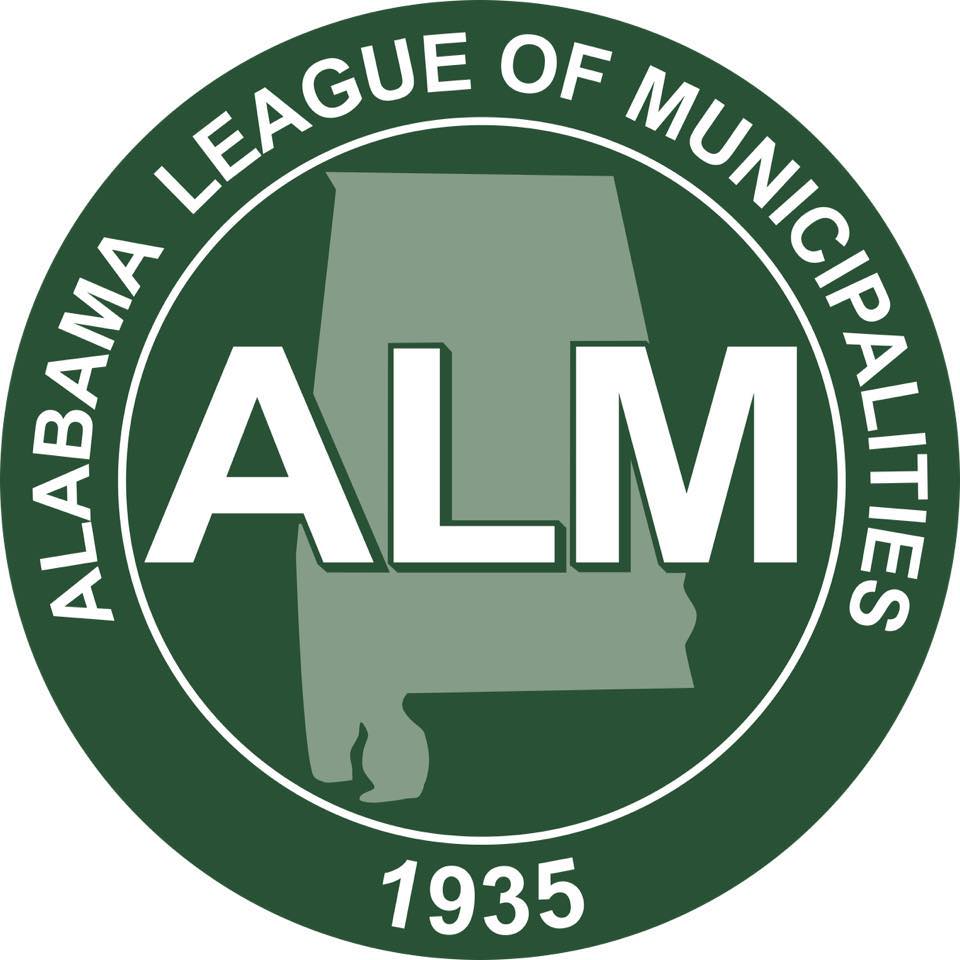BY SARAH STEPHENS
ELMORE/AUTAUGA NEWS
Successful Candidates in area 2020 Municipal elections across Alabama in August of 2020 will serve five-year terms this cycle, rather than the expected four years.
This comes after Senate Bill 119 was passed and signed into law last week by Alabama Governor Kay Ivey.
The bill will impact our readership areas of Autauga, Chilton and Elmore counties and those who won mayoral and council positions in 2020.
“My staff and I are up to the additional one year,” Prattville Mayor Bill Gillespie told the EAN. “It allows us to get hopefully some more projects pushed further along, or get them to fruition. It does not change our work ethic in any way. We will still be here, still available 24/7. We will continue working through this quadrennium, even with five years. We have come a long way but still have a long way to go. We are not here by ourselves, no one person can do it all. But we have fantastic teamwork between all of our officials, our staff and our citizens.”
Millbrook Mayor Al Kelley said this will indeed allow his city to continue working on projects as well define municipal and federal election cycles.
“If you will remember, there was so much confusion in this last election about where to vote,” Kelley said. “This will solve that problem. We have some big projects ongoing and coming and we should be able to wrap those up with an additional year. Like the 17 Springs Project, that should be operational within that time, and perhaps before that time.”
The Alabama League of Municipalities supported this bill. They have released an overview of the impacts which we are sharing below.
SB-119: Municipal Election Revisions
Sponsors: Senator Jabo Waggoner and Representative Jim Hill
The Alabama League of Municipalities supports SB-119.
Overview of Reforms
i) Moves approximately 97 percent of municipalities off the presidential election cycle.
– Those municipalities will hold their next elections in August 2025 and will hold elections every
four years thereafter.
– To avoid constitutional issues caused by shortening an elected official’s term of office, this onetime change requires extending the current term by 12 months.
– This bill will not change the election cycle for:
• Auburn
• Bessemer
• Dothan
• Gadsden
• Huntsville
• Mobile
• Montgomery
• Mountain Brook
• Scottsboro
• Talladega
• Tuscaloosa
ii) Moves qualification of candidates from July to June to provide more time for confirmation of a
candidate’s eligibility to appear on the ballot before the printing of ballots.
iii) Shortens the run-off time from six weeks to four weeks to mirror county and state elections.
iv) Requires the clerk to file a copy of each certificate of election with the Secretary of State and
the Alabama League of Municipalities.
* This bill does not require the probate judges to canvass the election. The original bill was amended in the Senate to remove that language.
“This is a one-time event, going to five years in office,” Millbrook City Council President Michael Gay explained. “Basically this is in response to voters saying having municipal elections in the same year as federal elections caused confusion. They said it was difficult to identity candidates. Another problem it solves is the confusion created because municipal polling locations and federal polling locations are different. With the passage of this bill, there is only one area to focus on when it comes to Municipal elections.”
Gay said that “All politics are local,” but it was too easy for a voter to be pulled between so much information on federal versus municipal issues.
By moving the qualifying time from July back to June in a Municipal election year, officials agreed it gives voters more time to get to know the candidates, which they said is a big bonus as well.
“This should have been done years ago,” Millbrook Council President Gay said. “This caused a lot of confusion. Some counties in the state made these changes on their own years ago. This bill just covers all other counties that were under the old system.”






